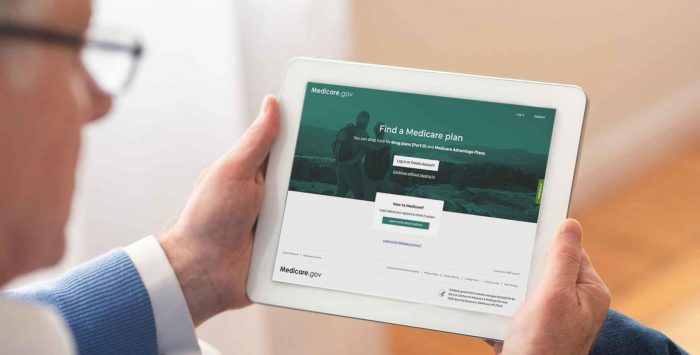Q: What recommendations does Medicare offer in order to avoid identity theft?
A: First, never divulge your personal information to anyone who calls or visits to offer Medicare services.
Unless you’ve initiated a call with your medical provider or health plan, never reveal:
- your Medicare number (Medicare assigned new ID numbers and sent new cards to all beneficiaries in recent years; Social Security Numbers no longer appear on Medicare cards)
- your specific Medicare plan
- your Social Security number
- your credit card numbers or banking information; or
- your home address or email address.
Generally speaking, your private insurer or Medicare professionals won’t call you. If you have questions, you’ll initiate the contact. But it is possible to get a call from your agent/broker who enrolled you in your plan, or from your health plan. If you’re concerned about the legitimacy of the call, you can hang up and initiate a new call (either to your agent/broker, or to your insurer) so that you’re certain you’re speaking with the correct people.
You can also receive a call from 1-800-MEDICARE if you called and left a message indicating that you’d like a representative to call you back. You could also get a call back from your State Health Insurance Assistance Program (Medicare SHIP) if you left a message asking for someone to call you back.
If you’re suspicious about the legitimacy of a phone call or solicitor at your door, call 1-800-MEDICARE (1-800-633-4227).
If you’re worried that you may be the target of identity theft or are suspicious of an entity that’s soliciting in your area, you can contact the Federal Trade Commission.
Tags: identity theft





